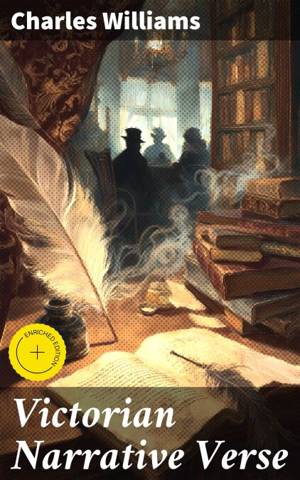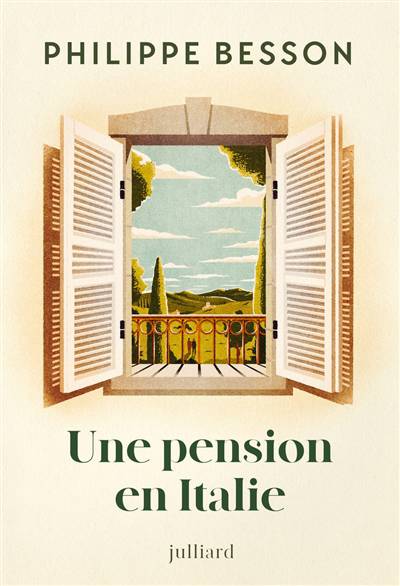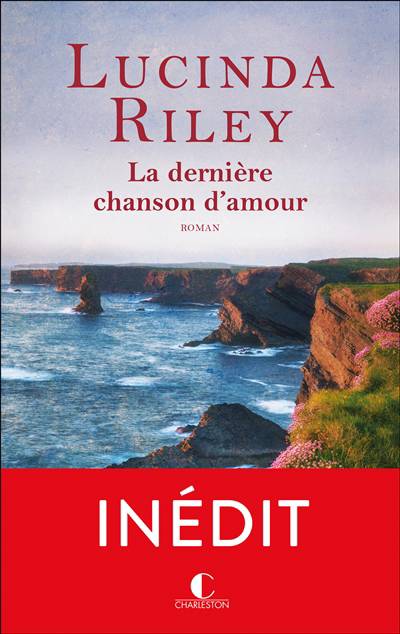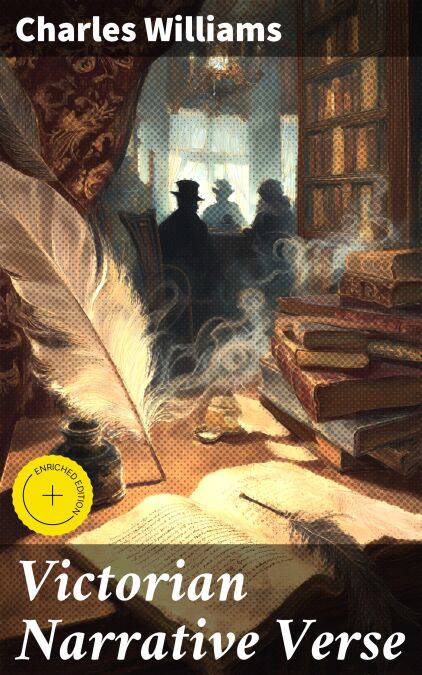
- Retrait en 2 heures
- Assortiment impressionnant
- Paiement sécurisé
- Toujours un magasin près de chez vous
- Retrait gratuit dans votre magasin Club
- 7.000.0000 titres dans notre catalogue
- Payer en toute sécurité
- Toujours un magasin près de chez vous
Victorian Narrative Verse EBOOK
Enriched edition. Exploring Victorian Narrative Poetry: Themes, Styles, and Insights
Charles Williams
Ebook | Anglais
1,99 €
+ 1 points
Description
In "Victorian Narrative Verse," Charles Williams meticulously explores the intricate weaving of storytelling and verse that flourished throughout the Victorian era. This scholarly work delves into the rich tapestry of poetic narratives, highlighting prominent figures such as Alfred Tennyson and Robert Browning, while also illuminating lesser-known voices that contributed to this transformative literary form. Williams offers keen insights into the stylistic nuances, thematic preoccupations, and societal influences that shaped Victorian poetry, employing a critical lens that balances both historical context and literary analysis. Charles Williams, an eminent figure in literary criticism and a keen observer of the Victorian zeitgeist, draws on his profound understanding of the period's aesthetics and ideology. His background in both English literature and history positions him uniquely to dissect the complexities of poetic form and societal reflection. Williams's own experiences and scholarly pursuits encourage a nuanced exploration of narrative techniques in poetry, shedding light on how these works both echoed and challenged the conventions of their time. Readers interested in the intersection of poetry and narrative will find "Victorian Narrative Verse" an invaluable resource. Williams's comprehensive analysis not only enriches our understanding of Victorian literature but also reveals the enduring relevance of these poetic narratives in contemporary discourse. This book is an essential addition for scholars, students, and anyone captivated by the intricate interplay of poetry and storytelling.
In this enriched edition, we have carefully created added value for your reading experience:
- An Introduction draws the threads together, discussing why these diverse authors and texts belong in one collection.
- Historical Context explores the cultural and intellectual currents that shaped these works, offering insight into the shared (or contrasting) eras that influenced each writer.
- A combined Synopsis (Selection) briefly outlines the key plots or arguments of the included pieces, helping readers grasp the anthology's overall scope without giving away essential twists.
- A collective Analysis highlights common themes, stylistic variations, and significant crossovers in tone and technique, tying together writers from different backgrounds.
- Reflection questions encourage readers to compare the different voices and perspectives within the collection, fostering a richer understanding of the overarching conversation.
In this enriched edition, we have carefully created added value for your reading experience:
- An Introduction draws the threads together, discussing why these diverse authors and texts belong in one collection.
- Historical Context explores the cultural and intellectual currents that shaped these works, offering insight into the shared (or contrasting) eras that influenced each writer.
- A combined Synopsis (Selection) briefly outlines the key plots or arguments of the included pieces, helping readers grasp the anthology's overall scope without giving away essential twists.
- A collective Analysis highlights common themes, stylistic variations, and significant crossovers in tone and technique, tying together writers from different backgrounds.
- Reflection questions encourage readers to compare the different voices and perspectives within the collection, fostering a richer understanding of the overarching conversation.
Spécifications
Parties prenantes
- Auteur(s) :
- Editeur:
Contenu
- Nombre de pages :
- 197
- Langue:
- Anglais
Caractéristiques
- EAN:
- 4064066361501
- Date de parution :
- 30-08-21
- Format:
- Ebook
- Protection digitale:
- Digital watermarking
- Format numérique:
- ePub

Seulement chez Librairie Club
+ 1 points sur votre carte client de Librairie Club
Les avis
Nous publions uniquement les avis qui respectent les conditions requises. Consultez nos conditions pour les avis.







